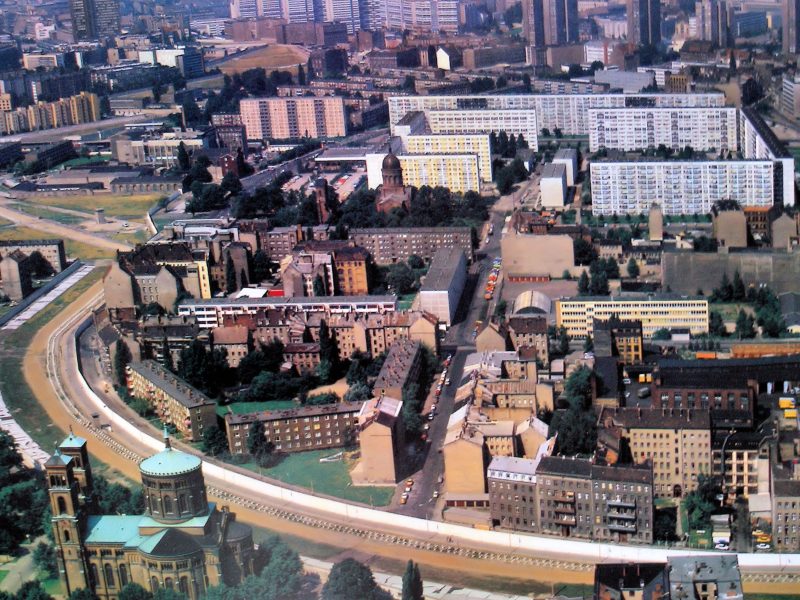Kreuzberg - Leben macht Stadt [Studio]
Final Review
Teaching
During the Winter Semester 2014-2015 the introductory Master of Urban Design Studio at TU Berlin investigated the potential of user-driven, participatory development models for the Kreuzberg district between the river Spree and Tempelhofer Feld ± an area with a diverse culture, high transformative dynamics and a conflict-ridden history. The class of about 40 international students was asked to consider the city as complex organism and territories of contestation in order to take a stand on the role urban professionals play ± mediating between conflicting interests, fostering co-existence, co-production and a process-oriented urbanism to render these dynamics productive. Our goal: the city as a common good.
Seven exemplary projects were developed, unfolding a range of possible local development scenarios. Each group worked at the interface between past, present and future.
The present: The actual state; Kreuzberg as we observe it, occupy and use the district today, how it shapes our daily lives; spaces, networks, relationships, processes, program and use. The past: The history of Kreuzberg and its inhabitants, their experiences and personal narratives, the inscriptions and traces left from past planning paradigms. The future: The projects, plans, desires, visions, imaginations, ambitions, interests, possibilities, opportunities, conflicts and threats; short, medium and long term.
Each scenario offers specific answers to the generic questions: Whom do we plan for / with? What is negotiable? How can specific projects contribute to build resilient mixed neighbourhoods? How can we include political, legal, economic, and participatory parameters with traditional architectural and urban design skills? What is good neighbourhood development and what is important in order to achieve it? In responding to this, the studio provides an input to the discussion on the diversified society of the 21st century and its varying living, working and housing forms and their relation to the city’s commons.
Guest Critics
- Hans Panhoff, Bezirksstadtrat Friedrichshain-Kreuzberg
- Matthias Peckskamp, Stadtentwicklungsamt Friedrichshain-Kreuzberg
- Thomas Bestgen, UTB
- Klaus Overmaier, UC
- Other Kreuzberg stakeholders/actors (to be confirmed)
Presentations
10.00 - 18.00
A 815
